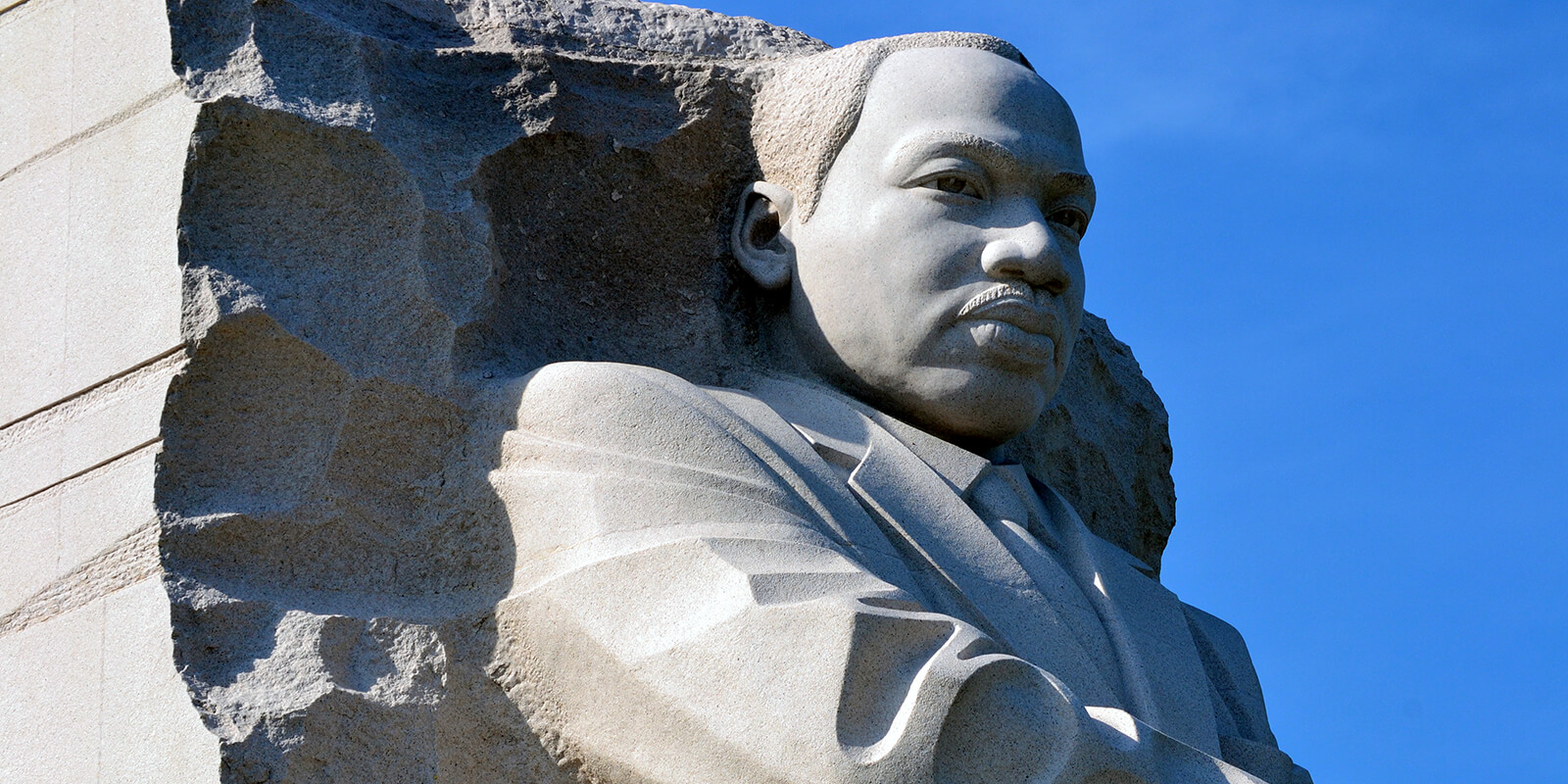From the Montgomery bus boycott to the Memphis sanitation strike that was his final campaign, Dr. King used nonviolence to build support for his movement, to disarm the opposition and to move the nation toward greater equality and dignity for all.
As we celebrate what would have been his 92nd birthday, we recommit to his vision. And we also continue to fight reactionary forces who, even as they pay lip service to Dr. King’s legacy, want to undo his work and roll back decades of progress on racial and economic justice.
We know what Dr. King would say if he were alive today. Amid a global pandemic that has killed hundreds of thousands of people, cratering the economy, driving millions into poverty and exacerbating racial disparities, there is no doubt that Dr. King would issue an urgent call to get as much help to as many people as quickly as possible.
For the better part of 2020, however, the most powerful politicians in Washington rejected such a call. With so many people nationwide desperately needing nutrition assistance, housing assistance, health care, child care and more, these elected leaders persisted with their decades-long obsession with shredding the social safety net instead of shoring it up at a moment when we need it most.
And they cruelly refused to deliver aid to states, cities, towns and schools so we can maintain the essential public services that sustain our communities (and which are provided by AFSCME members) – sanitation, road maintenance, hospitals, emergency medical response, social work and so much more.
But in just a few days, America will swear in new leaders (not just at the presidential level, but also Rev. Raphael Warnock, an incoming U.S. senator and pastor of Atlanta’s Ebenezer Baptist Church, a position once held by Dr. King). President-elect Biden and Vice President-elect Harris have a long history of uniting people around shared values. They plan to make racial equity a centerpiece of their governing agenda. And they are committed to empowering working people and lifting up labor unions, which Dr. King called “the principal force that transformed misery and despair into hope and progress.”
And as part of their effort to end this pandemic, they want to “fund the front lines” – making major federal investments that allow states, cities, towns and schools to continue picking up the trash, educating our children, serving school meals, treating sick people and providing social services of all kinds. This aid will not only keep our communities safe and strong, it will breathe new life back into the national economy and save public service jobs, which are more likely to be held by African Americans.
We won’t repair the nation’s fractures overnight. But after years of division and strife – culminating in a violent attack on the seat of our federal government – we now have the opportunity to turn the page, with the inauguration of a new president who believes in the ongoing pursuit of Dr. King’s dream.
